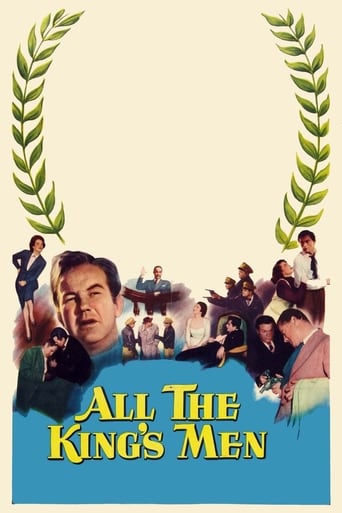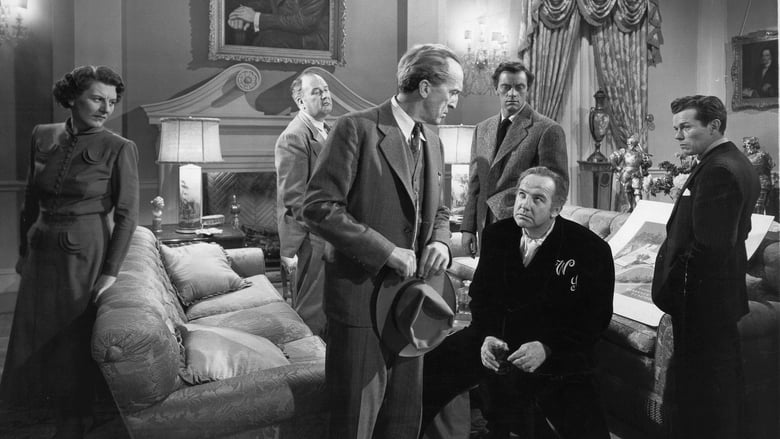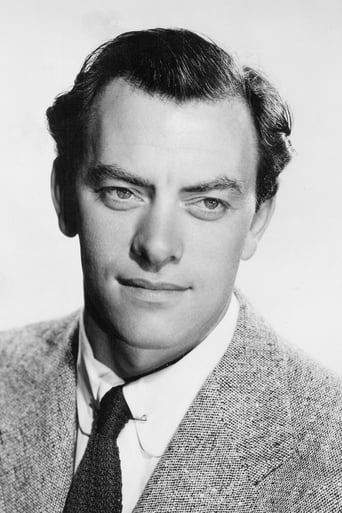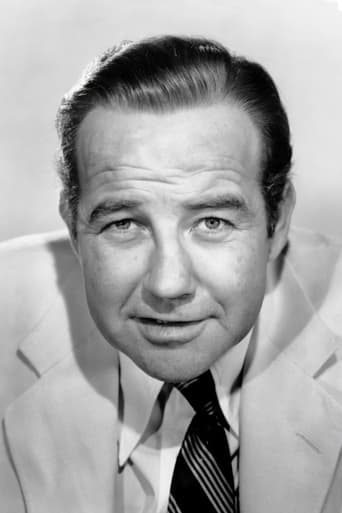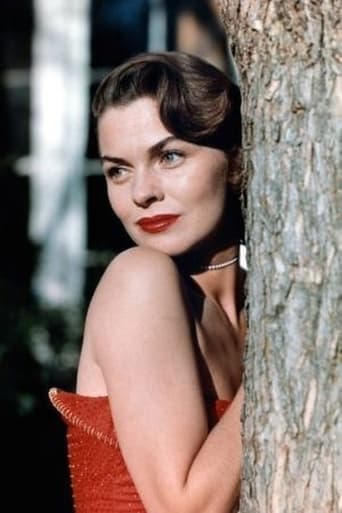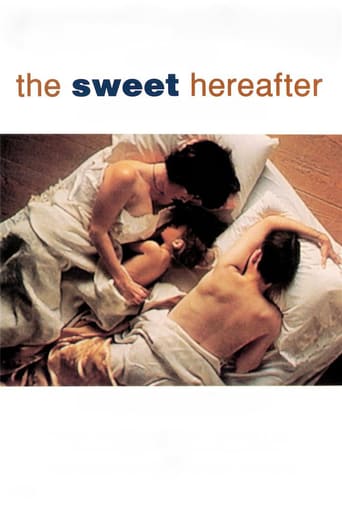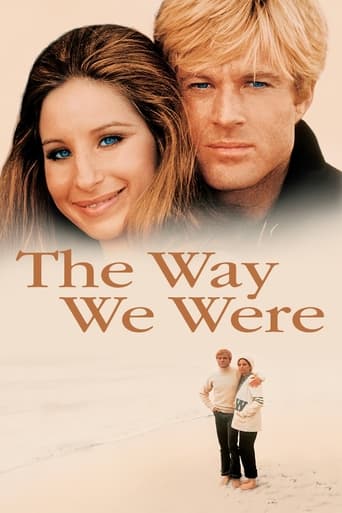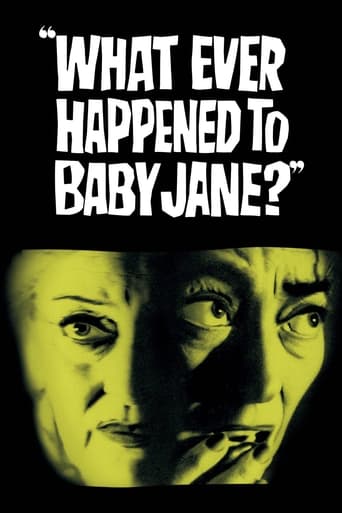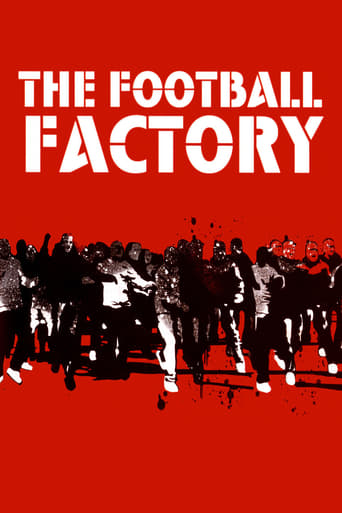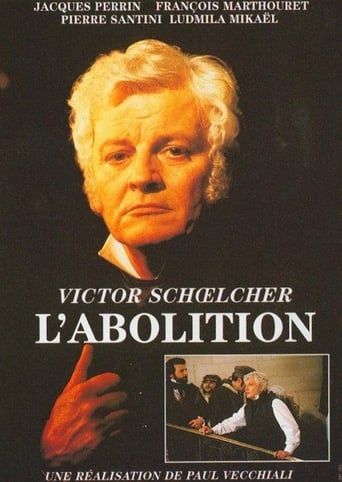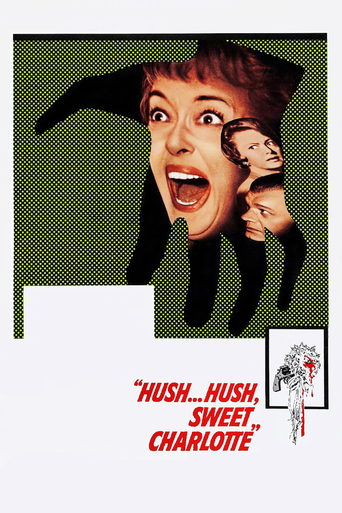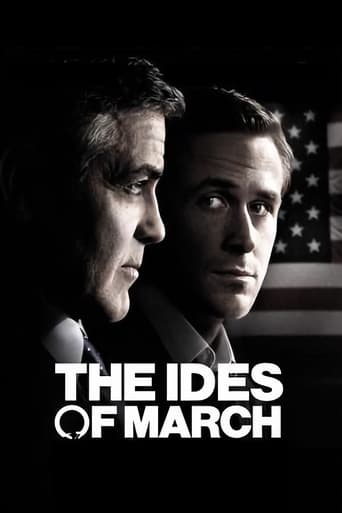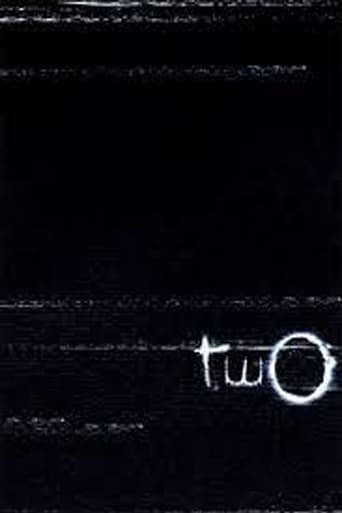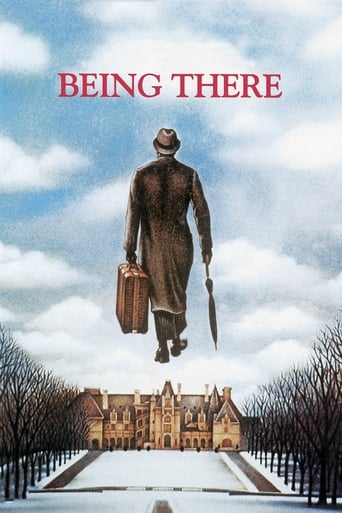All the King's Men (1949)
A man of humble beginnings and honest intentions rises to power by nefarious means. Along for the wild ride are an earnest reporter, a heretofore classy society girl, and a too-clever-for-her-own-good political flack.
Watch Trailer
Cast


Similar titles
Reviews
Nice effects though.
Absolutely Fantastic
The film never slows down or bores, plunging from one harrowing sequence to the next.
It is a whirlwind of delight --- attractive actors, stunning couture, spectacular sets and outrageous parties. It's a feast for the eyes. But what really makes this dramedy work is the acting.
"All the King's Men" is essentially the career of the infamous Louisiana politician, Huey Long...though the studio made a few changes here and there in order to avoid lawsuits. This is because the film is NOT a flattering look at a politician who seemed to start out with the best of intentions and eventually became a monster.The film begins with a newspaper reporter (John Ireland) trying to cover the political campaign of a small-time and unknown newcomer, Willie Stark (Broderick Crawford). But the campaign is completely undermined by the state political machine--crony politics where a small group of men essentially run the entire show. After losing, Willie runs again...and once again loses. By his third election, Willie has learned much...and eventually realizes how to beat the entrenched party machine. And, instead of a group of people, the people of his state have one man running it all....and that one man appears to have all the worst qualities of the old machine...and then some.This film earned the Academy Award for Best Picture...and two more for acting. Crawford took home the Best Actor statuette and Mercedes McCambridge the Best Supporting Actress and John Ireland nominated for the Best Supporting Actor awards. And, the acting in this film was pretty good. In fact everything about the film is very good except for two things...it would have been nice if they'd called it like it was and said the man was Huey Long instead of a guy inspired by him and if the film WAS set in Louisiana or some rural setting, why didn't anyone look or sound like they were from this part of the country? Minor quibbles...and a film, overall, that's well worth your time...though I think the better pictures that year was "The Heiress" as well as "12 O'Clock High".By the way, in the final climactic scene, pay attention to the assistant for the Governor...his gun fires 8 or more times without reloading...and it's a revolver!!
The story of Willie Stark, an unassuming, unsophisticated idealistic farmer who becomes Governor of his state, and Jack Burden, reporter and Stark ally. We see how Stark fights his way up from lowly beginnings, initially failing at politics but then succeeding. However, once in office, the ideals slip, the standards fall and the power leads to corruption. Burden should be his conscience, but he finds himself going along for the ride...Powerful film. The change in Willie Stark from hero to villain makes for a great story. We are immediately drawn in, rooting for Stark. He represents the guy we all want to see succeed - the innocent underdog with good intentions. However, this is not a Disney movie or West Wing. What happens next is gritty and a pretty accurate description of politics and how it corrupts even the noblest of souls. The fact that Stark becomes the embodiment of everything he was initially railing against, and of the reason he got into politics, is delicious irony and provides a wonderful cycle to the plot.Almost as impactful is Jack Burden's story. One thinks that he would be the one person to some degree of ethics and integrity, but he is happy to sell his soul to the highest bidder. We also see how the corruption spreads like a virus, affecting even Jack's friends.Not a perfect movie though. It would have been more dramatic if Stark's slide into fascism and corruption was more subtle and slow, and we had an even spread between Good Stark and Bad Stark. Instead, Stark's transformation is almost cliff-like and the majority of the film features Bad Stark. Also, a Bob Roberts-type ending would have been superb... (can't say anything more than that for fear of spoiling it).Won the 1950 Best Picture Oscar.
For any movie buff, the simple thought of putting "All the King's Men" on the same level than "Citizen Kane" is a blasphemy but I'm not afraid to say it: once you see both movies, you realize how much they have in common and how sometimes the humblest "All the King's Men" slightly beats Orson Welles' masterpiece in its portrayal of power's corruptive effect. So, the title might sound derogatory but it's not meant that way."Citizen Kane" was about a man with guts and vision, who got so alienated by his obsession to be the voice of people that he ultimately lost his touch with people and ended up miserably with no connection whatsoever with his cherished past. He was misunderstood, but he had it coming. "All the King's Men" is a character study chronicling the same psychological process but rhyming this time with success, it's about a Southern politician named Willie Stark who never forgot where he came from and never lost his touch, which made him even more dangerous.The story is adapted from a Pulitzer-prize winning novel of the same title written by Robert Penn Warren, and based on the rise and fall of the legendary populist politician Huey Long. The ascension of Willie Stark, played by a mesmerizing Broderick Crawford, is a fictionalization of Long's life and one of the most powerful political movies ever made, for the simple reason that it hasn't lost any of its relevance, as long as politics exist, there will be men like Stark. Yesterday, France was shaken by the victory of French Populist Party in the European elections, politicians acted surprised while they could have seen it coming. Basically, the winners spoke the people's language.It's as simple as that, you've got to put yourself in people's shoes and it's not any politician who can accomplish it. Some see their vocations as something that elevated them above the crowd, they're not leaders but prophets allowing people to embrace their own visions, but men like Willie Stark are within the crowd, not above it. The pivotal moment occurs when after failing attempts to seduce people by talking about fiscal measures and other non-inspirational stuff, good old honest Willie Stark, understands he was the puppet of his own detractors, gets drunk, tears up his paper and enraged by his own anger, gives one of these great roaring speeches tailor-made for the big screen.And the film, directed by Robert Rossen, features the kind of editing the genre requires, crowd close-ups, big headlines, and an unforgettable gallery of flawed characters, starting with the protagonist himself, Willie Stark, who starts out as a nice and honest fellow, struggling to raise his voice, a man of the people, and undeniably for the people, a man revered by the journalist played by John Ireland, but whose rise to power's collateral damage will be a decline of honesty. Power would plant the seeds of a cynical mind. "All the King's Men" starts like a Capra film but ends in a film-noir mood. After World War II, world turned out to be more disillusioned and cynical for "Mr Smith" figures, and it's only voices like Willie Stark's that can be heard.Indeed, good old Ma Joad said 'we're the people', but in 1949, only Stark could make this statement audible, embodying in his huge body and larger-than-life personal those "Grapes of Wrath". And once Stark realized he had a natural charisma and capability to move the crowds, it's like Forrest Gump's braces breaking, the repressed ego finally implodes to the face of the political scene and from respect, the eyes and hearts are fueled with admiration and fear, starring with his titular inner circle, Mercedes McCambridge plays a sort of Jean Hagen-like character, going from antagonist to main counselor, she delivers her first and greatest (rightfully Oscar-winning) performance as a little woman with the toughest heart, venting her lack of seducing appeal in her infatuation with Stark.The rest of the cast includes Joanne Dru as Ireland's girlfriend, she's literally blown away by Stark's appeal and although her performance might be the one aspect of the film I disliked (God, how many times she had to turn her head theatrically!) the twist in her character –in all the meanings of the words- was quite gutsy and politically incorrect for its time. And there's Broderick Crawford as Stark, in the role of a lifetime, earning him the Oscar for Best Actor. My other favorite performance from him is in Fellini's "Il Bidone" and it's quite ironic and befitting that he played a swindler in the film, while Rossen would also direct another classic and favorite of mine "The Hustler", after all, isn't a politician a kind of hustler with power as the pay-off?But I'm still puzzled with Stark's character (this is how fascinating he is): did he turn into a bad guy or was he prone to corruption from the very beginning, it's hard to tell, but some of his insightful thoughts say a lot about his vision of politics: "good comes from evil" "but, who defines evil?" retorts one of the film's reasonable minds. Stark doesn't care, as long as he builds roads, schools, hospitals, as long as he puts his state on the maps, and allow people to stop seeing themselves as hicks, he'll believe in anything he says and does. Tyranny? Dictatorship? Well, we live in a Macchiavellian world where ends justify the means, but as the narrative progresses, we're in the eye of the tornado and can't see if power is an end or a mean for Stark.And maybe this is the power of "All the King's Men", Best Picture winner in 1950, a powerful film about power even more because it has the kind of straight-forward appeal as if it deliberately embraced the simplicity of the very people targeted by Stark... hence my title as the poor man's "Citizen Kane".
The Academy Awards choice for Best Film of 1949 follows naive backwoods reformer Willie Stark (a thickly fictionalized senator Huey Long), picked by a rival candidate for State Governor to "split the hick vote". But when he realizes how he's been used, Stark doesn't just get mad; he gets even, organizing a ruthless political machine that eventually consumes him. Watching Oscar winner Broderick Crawford transform the character from honest do-gooder to populist demagogue is electrifying, but it's a shame this adaptation of Robert Penn Warren's Pulitzer Prize winning novel had to lean so hard on pulp fiction melodrama, beginning with the familiar crutch of voice-over commentary, and from a rather bland protagonist: journalist John Ireland, trapped on the Willie Stark bandwagon. The point is well made and worth repeating: politicians can't use bad money for good deeds without being strangled by all the strings attached, but the message is lost between all the juicy plot twists: a suicide, an assassination, an auto accident crippling the Governor's star quarterback son, so forth and so on.

